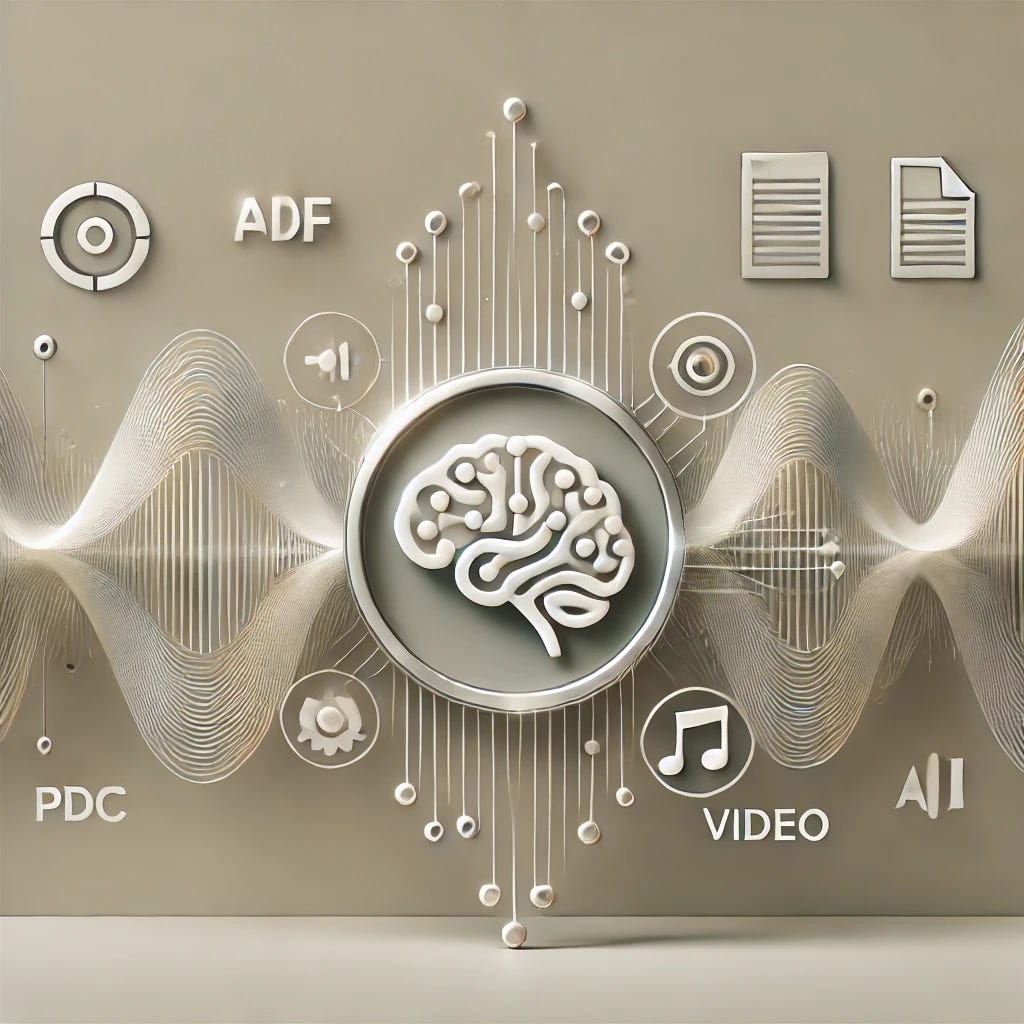What I Learned: New Ways Of Working With LLMs and The Soviet Union's Connection To The Roman Empire
Two new AI tool and two excellent history podcasts
Hi everyone,
I hope you're all having a great week. I stumbled upon a few interesting finds this week; I hope you find them interesting too.
NotebookLM
NotebookLM is a not-so-new AI research tool by Google. It was actually released months ago; however, it's now starting to get a lot of traction because of its new podcast-generating feature. Basically, you can upload your own sources - long PDFs, websites, YouTube videos, etc. - and the webapp will use Google's Gemini to create a conversational podcast between two hosts.
I first tried it by uploading this 46-page McKinsey report on the future of Asia, which, after a few minutes, gave me the podcast linked below. Give it a listen - it's pretty incredible.
Report - Asia on the cusp of a new era
Podcast:
I then tried it with a few other sources and reports on a research project I'm working on, and I would say it successfully combined them all into a genuinely very good, comprehensive podcast.
It’s not perfect. I think the hosts are a little too bubbly for my preferences, and I really wish I could get it to generate longer, more in-depth episodes. But I can also see a close future where you can really customize this to your preferences, along with the voices, language, etc. Fundamentally, I think this tool has incredible potential for making things that you might not find super compelling into a much more digestible format. In its current state, I think it acts as an excellent primer for larger documents, allowing you to get a sense of what they might contain and guide your decision to read it in more depth.
Lastly, I think this might be the beginning of the theory that in the future, all the content we watch, listen to, and consume will be dynamically generated for us on the fly. I can imagine telling the smart TV that I want to watch a movie similar to Lord of the Rings in terms of character depth and story, but set in colonial Brazil, and I have to go in 2 hours, so it needs to be less than an hour and a half in length. Then having exactly that generated as I watch.
Anyway, I highly recommend checking it out.
ChatGPT with Canvas
Also in the realm of AI, OpenAI announced their new "Canvas" interface. This seems to be OpenAI's attempt to go beyond the simple chat interface that we are all now used to. It's similar to Anthropic's "Artifacts" feature, where Claude generates small documents as part of its outputs. But it's also reminiscent of NotebookLM's main feature, where the app lets you converse and work with multiple sources.
Either way, I think this is really the direction all these LLMs are going - moving away from the traditional chat interface towards more specialized platforms that optimize for co-working between humans and AI.
Podcasts
Vejas Liulevicius: Communism, Marxism, Nazism, Stalin, Mao, and Hitler
Gregory Aldrete: The Roman Empire - Rise and Fall of Ancient Rome
To wrap up the week, I also listened to two excellent podcasts from Lex Fridman on the history of Communism and Marxism, as well as the history of Ancient Rome. Both are fantastic and, in my opinion, especially powerful when listened to sequentially because, like much of history, the discussion is driven by the important people and leaders of the time. Taking leaders from two cultures of such distant times and spotting the similarities and differences between them is brilliant. For instance, the contrast between the slow decay of the Roman Republic into the Roman Empire in 27 BC, versus the rapid revolution that put Lenin in control of Russia in 1922, is still tied by the desperate desire for power and ego so many leaders have.
I also found the parallels to modern politics fascinating. One thing Lex and Gregory discuss on the Roman podcast is the absolute mastery Caesar Augustus Octavian had over propaganda. As an example, during one of the many civil wars fought over Rome between the death of Julius Caesar and the founding of the empire, Augustus spent years manipulating the information told to citizens, portraying Marc Antony, his adversary, as an enemy of the state. He pulled on Marc Antony's relationship with Cleopatra and Egypt to mark him as a foreign threat to the Republic, rather than a legitimate domestic threat. Without getting political, it reminded me of Trump and the Russian Investigation, which ran for years and ended up being nothing.
I’ve always liked the saying "the more things change, the more they stay the same."


Great read! I am going to give the podcast app a try and maybe even listen to the two history podcast.